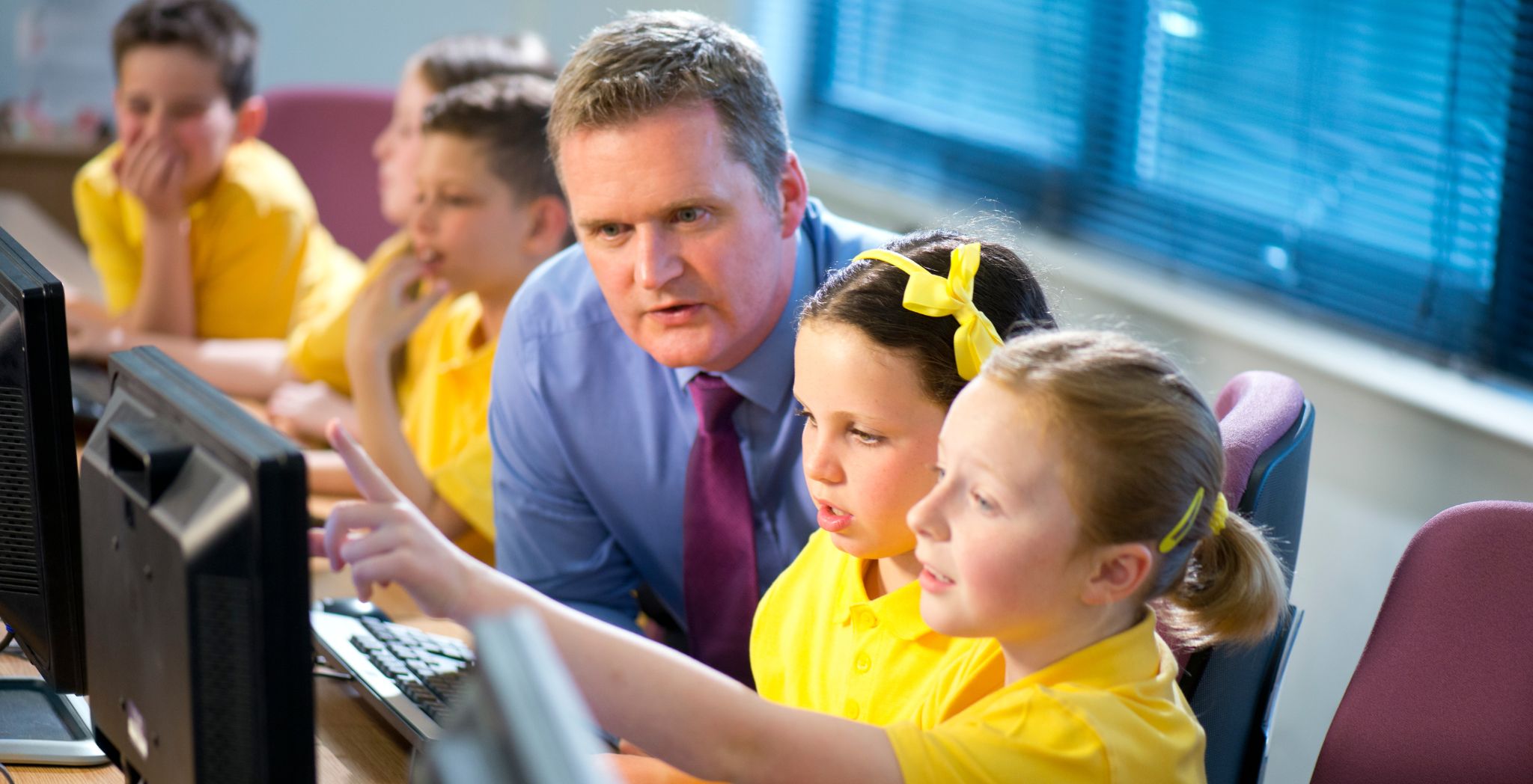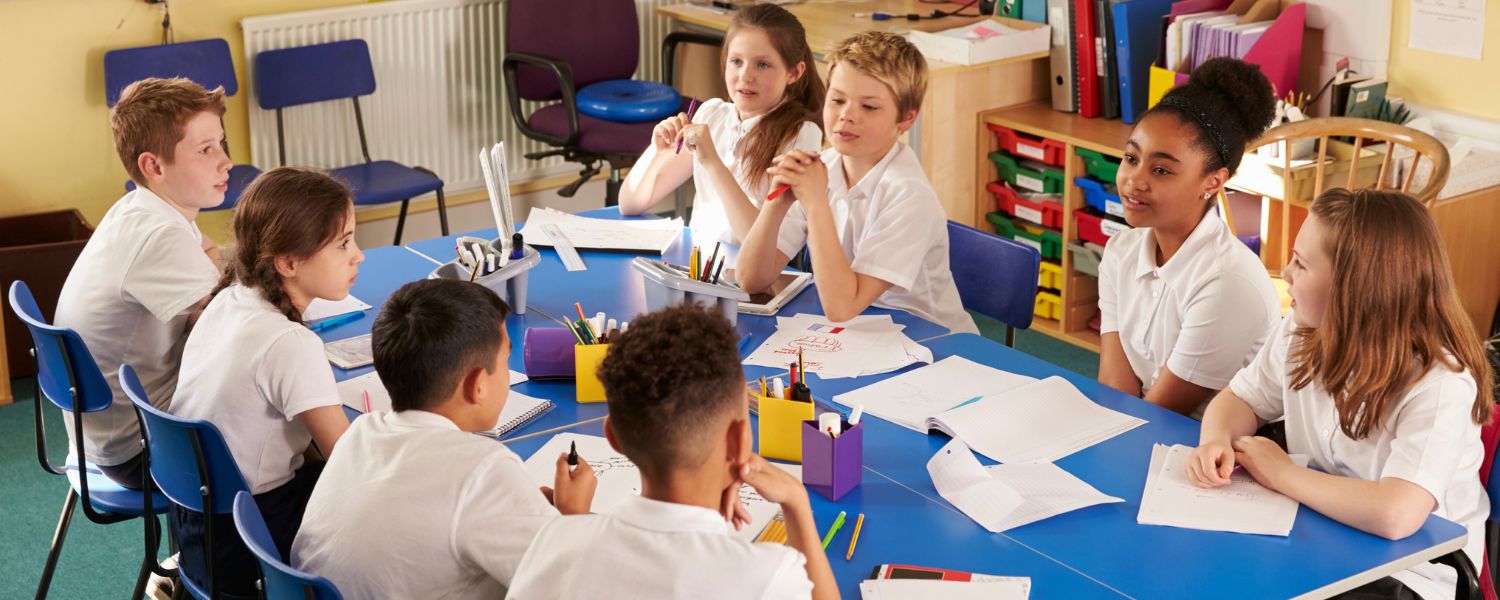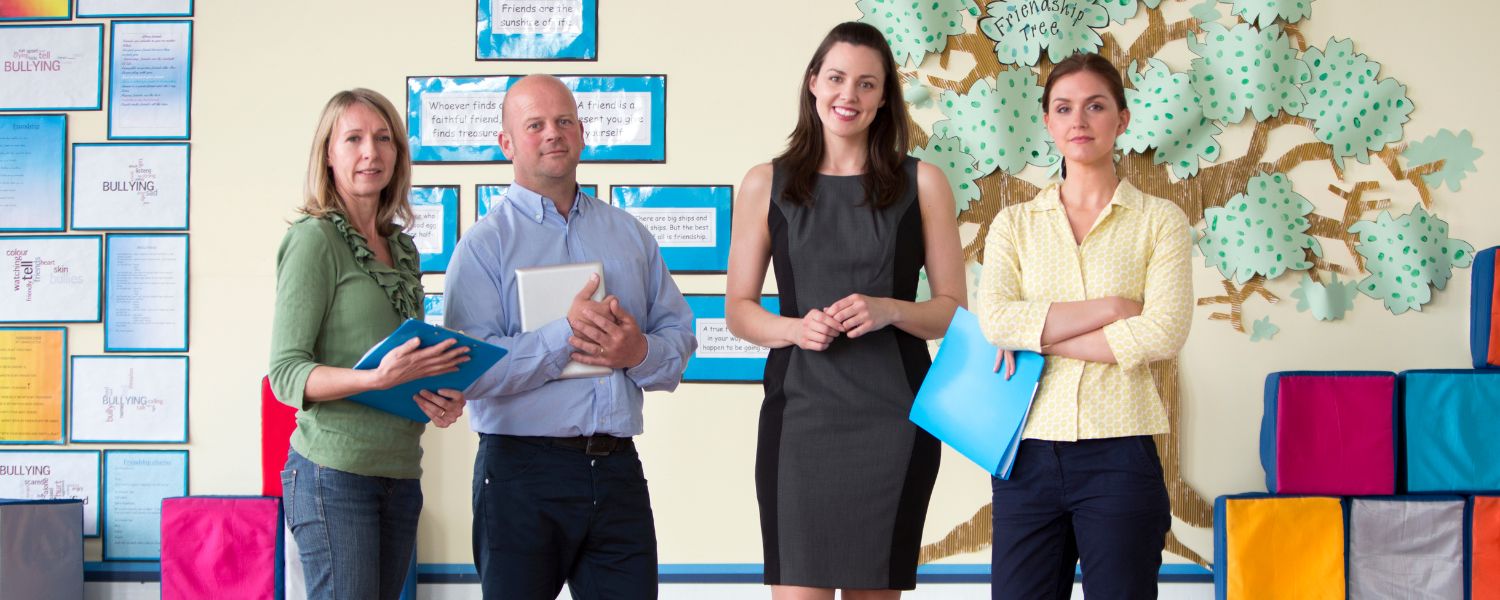
Primary education is the foundation for a child’s academic journey, laying the groundwork for future intellectual, social, and emotional development. This crucial phase encompasses the early years of formal schooling, typically from preparatory (Prep) to year 6 or 7, and forms an integral part of basic education. In this exploration, we delve into the significance of primary education and its multifaceted benefits, specifically focusing on the unique approach offered by Faith Christian School of Distance Education.
The Essence of Primary Education

Primary education, in other parts of the world called elementary education, is the initial phase in a child’s academic life. It aims to give students a solid foundation in essential subjects such as mathematics, language arts, science, and social studies. This phase imparts academic knowledge and focuses on nurturing critical thinking skills, problem-solving abilities, and effective communication.
1. Formation of Core Skills
One of the primary objectives of primary education is to instil foundational skills in students. These skills encompass literacy, numeracy, and basic scientific understanding. Proficiency in these areas is fundamental for a student’s future academic success, as they serve as building blocks for more advanced learning in subsequent stages of education.
2. Social and Emotional Development
Beyond academic prowess, primary education plays a pivotal role in shaping a child’s social and emotional intelligence. Interaction with peers, participation in group activities, and exposure to diverse learning experiences contribute to developing interpersonal skills, emotional resilience, and a sense of community.
3. The Role of Primary Schools in Quality Education
Quality education at the primary level is indispensable for laying the groundwork for a successful academic journey. Primary schools play a very important role in ensuring students receive a well-rounded education beyond rote learning and memorisation.
4. Holistic Learning Environment
Quality primary education aims to create a holistic learning environment that addresses all child development dimensions. Beyond imparting academic knowledge, primary schools foster emotional intelligence, social skills, and character development.
Students engage in various activities, including arts, sports, and extracurricular programs, promoting a well-rounded education. In such a setting, creativity, critical thinking, and curiosity are fostered, establishing the foundation for a lifelong passion for learning.
5. Effective Teaching Methodologies
Primary schools are pivotal in employing effective teaching methodologies catering to diverse learning styles. Interactive and engaging lessons capture students’ interest and facilitate a deeper understanding of concepts.
Varied instructional strategies, such as project-based learning, hands-on activities, and collaborative group work, ensure students grasp information effectively. Incorporating technology into teaching methods enhances the overall learning experience, preparing students for the digital age and fostering a positive attitude towards education.
In creating a holistic and engaging learning environment with effective teaching methodologies, primary schools contribute significantly to the quality of education essential for a child’s overall development and future success.
Benefits of Primary Education

1. Academic Preparedness for Higher Levels
Primary education serves as the bedrock for academic preparedness, equipping students with essential skills and knowledge required for higher levels of education. During these formative years, students build a strong foundation in mathematics, language arts, science, and social studies.
This foundation becomes the scaffolding upon which advanced concepts are constructed in secondary and tertiary education. The proficiency gained in fundamental skills ensures a smoother transition to more complex academic challenges. Primary education acts as a launching pad, preparing students for the intellectual demands of subsequent stages in their educational journey.
2. Cultivation of Lifelong Learning Habits
The primary years are pivotal in shaping a student’s approach to learning, fostering habits that extend beyond the classroom. Early exposure to a structured learning environment encourages the development of positive study habits and a genuine love for acquiring knowledge.
The curiosity-driven mindset cultivated during primary education lays the groundwork for a lifelong commitment to learning. Students learn not only how to absorb information but also how to explore, question, and seek understanding independently.
This instilled passion for continuous learning becomes a valuable asset, enabling individuals to adapt to evolving challenges and opportunities.
3. Enhanced Critical Thinking and Problem-Solving
Primary education places a significant emphasis on developing critical thinking and problem-solving skills. Students must analyse information, assess perspectives, and apply logical reasoning to various challenges.
This skill set goes beyond memorisation and rote learning, empowering students to approach complex issues with a thoughtful and analytical mindset. The ability to think critically and solve problems efficiently is beneficial academically and in everyday life.
It sets the foundation for individuals to tackle obstacles, make knowledgeable choices, and actively contribute to their communities in a meaningful manner. The primary years serve as a crucible for honing these cognitive skills, preparing students to face the multifaceted demands of the future.
4. Social Integration and Teamwork
Primary education is a crucial phase for developing social skills, emphasising the importance of collaboration and teamwork. Through group activities, projects, and classroom interactions, students learn to navigate social dynamics, communicate effectively, and work harmoniously with peers.
These experiences contribute to developing emotional intelligence, empathy, and interpersonal skills, which are invaluable in personal and professional life. Learning to collaborate early fosters a sense of community and shared responsibility.
This foundation in social integration prepares students for the collaborative environments they will encounter in higher education and the workplace, ensuring they can contribute positively to diverse teams and build strong interpersonal relationships throughout their lives.
Faith Christian School of Distance Education: A Unique Approach to Primary Education
Faith-Based Values and Education

Faith Christian School of Distance Education stands out by incorporating a faith-based perspective into the academic curriculum. Beyond acquiring knowledge, this school emphasises cultivating moral and ethical values rooted in Christian principles.
Students receive a quality education and develop a strong moral compass guided by virtues such as integrity, compassion, and kindness. This comprehensive method guarantees that students don’t just graduate academically skilled but also leave with a strong sense of purpose and responsibility, actively contributing to their communities and society in a positive manner.
Flexibility and Individualised Learning

The distance education model employed by Faith Christian School of Distance Education presents a personalised and adaptable method for learning. Recognising that students have diverse learning styles, paces, and strengths, the school tailors educational experiences to meet individual needs.
This flexibility allows students to learn at their own pace, delve deeper into areas of interest, and receive additional support where needed. Through the provision of a customised learning atmosphere, Faith Christian School of Distance Education guarantees that every student can optimise their capabilities, nurturing a passion for learning and equipping them to excel both academically and personally.
Integration of Technology in Education

Faith Christian School of Distance Education leverages technology to enhance the learning experience for students. The school creates a dynamic and engaging educational environment through interactive online platforms, multimedia resources, and virtual classrooms.
This integration of technology not only prepares students for the digital age but enhances their understanding of concepts through interactive and immersive learning experiences. By staying at the forefront of educational technology, Faith Christian School of Distance Education ensures students have the skills and competencies to navigate an increasingly digital and interconnected world.
Community and Support System

Despite being a distance education model, Faith Christian School strongly emphasises building a supportive community for its students. Regular interactions with teachers, virtual peer collaborations, and extracurricular activities create a sense of belonging and connection.
This community-oriented approach ensures that students feel supported in their academic journey and provides opportunities for social interaction, enhancing the educational experience. The sense of community fosters a supportive environment where students can share ideas, seek guidance, and build lasting connections with both peers and educators, contributing to their holistic development.
Conclusion
Primary education is the cornerstone of a child’s educational journey, providing the essential skills and knowledge needed for success in subsequent academic endeavours. Faith Christian School of Distance Education showcases an exceptional approach that combines quality education with a values-based perspective, catering to the diverse needs of students from prep to year 12.
As we recognise the benefits of primary education, it is imperative to continually invest in and refine educational systems to ensure that every child receives a solid foundation for a bright and fulfilling future.
